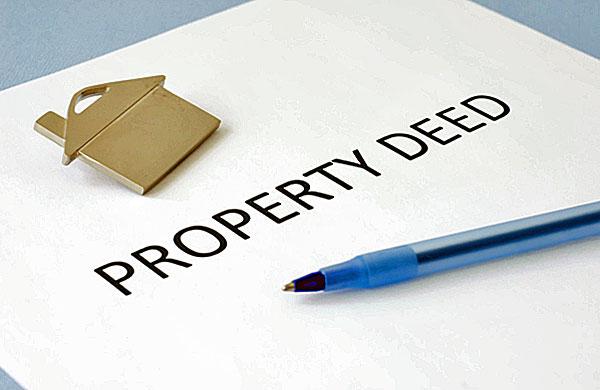A deed is a legal document used to convey title to real property. There are different types of deeds that may be used depending upon the circumstances of the transfer. It is always best to consult an experienced real estate attorney who can prepare and advise which type of deed should be used to meet your specific needs.
Full Covenant & Warranty Deed
This deed provides the most protection for the grantee in that the grantor warrants to the grantee that the grantor is the lawful owner of the property with full rights to convey it; that the property is free from encumbrances and liens; that the grantee will quietly enjoy the property; and that the grantor will defend and warrant title to the property. This deed is most often used in upstate New York counties, in transfers between family members or when the grantor is conveying to a trust or other entity beneficially owned by the grantor for no consideration.
Bargain and Sale Deed
This deed is typically used in downstate New York counties in the context of an arms-length sale when the grantor is selling to a third-party grantee and that grantee is providing consideration. A bargain and sale deed can be with or without covenants against grantor’s acts. A deed with covenants against grantor’s acts provides that the grantor covenants that he or she had not done anything to encumber the property during his or her ownership, except as stated in the deed.
Quitclaim Deed
This deed conveys to the grantee only that which the grantor has in the property at the time of the conveyance, which could be nothing at all. There are no covenants or warranties by the grantor and this deed offers the lowest amount of protection to the grantee. This type of deed is also frequently used in transfers between family members and related transactions. It should be noted that the current title policy may not transfer to the grantee in this instance.
Executor/Administrator Deed
This deed coveys from the fiduciary of the grantor’s estate to either the beneficiaries of the estate or to a third party in a sale. This deed will provide details about the estate and the fiduciary’s appointment and typically provides a covenant by the fiduciary that he or she has not done anything to encumber the property during his or her ownership, except as stated in the deed.





